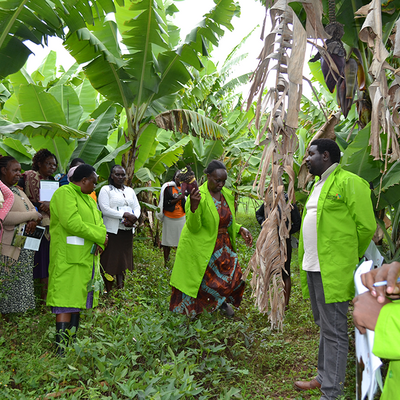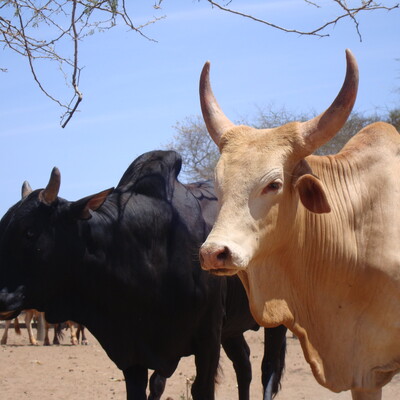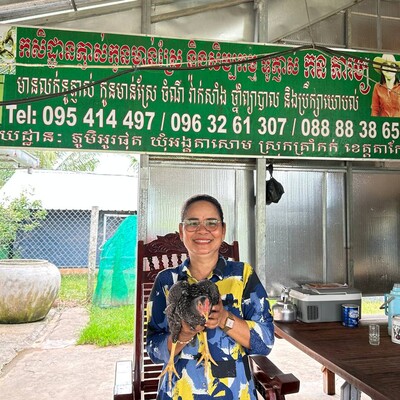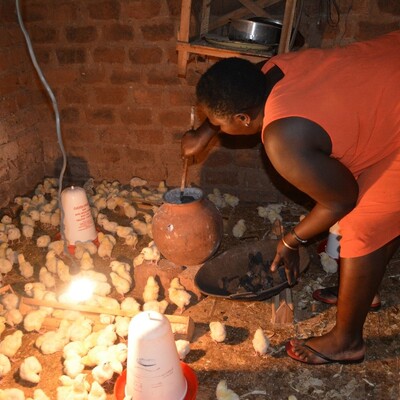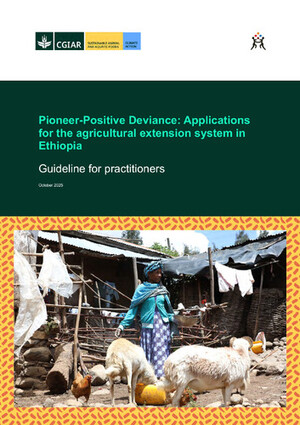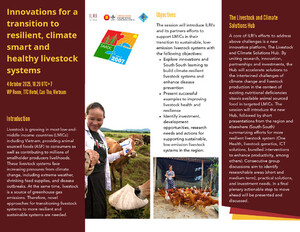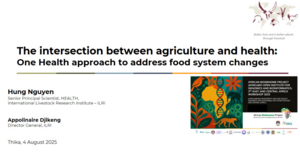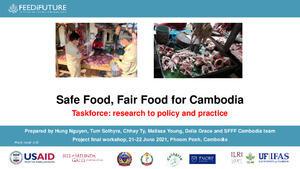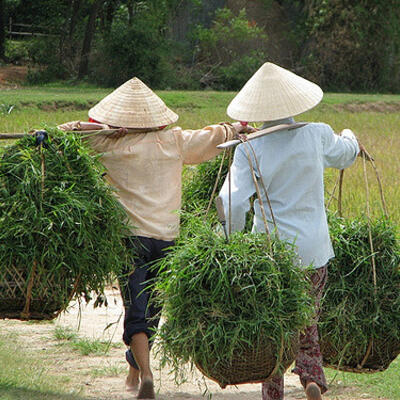
A new ‘How-to-Do Note’ provides guidance on designing and implementing ‘gender and pastoralism’ projects
Women’s participation in community governance and local development is often limited by patriarchal discourses, biases and norms that define gender roles. Given pastoralist women’s role as resource managers, agents of change and development actors, securing their place in decision-making processes and enhancing their access to services and market opportunities represent strategic investments in pastoral societies. Investing in pastoralist women is also important to reverse certain malpractices such as limited recognition of their inheritance rights.
However, how to do this in order to fully benefit women, and without damaging the collective nature of pastoral societies of which both women and men are a part, continues to be a challenge for development actors.
Continue reading this article on a new ‘How To Do Note on Gender and Pastoralism’ developed by the International Fund for Agricultural Development (IFAD) in collaboration with two CGIAR research programs—Policies, Institutions, and Markets (PIM) and Livestock. The note provides guidance on key issues to consider and tools and processes to use in project design and implementation.






